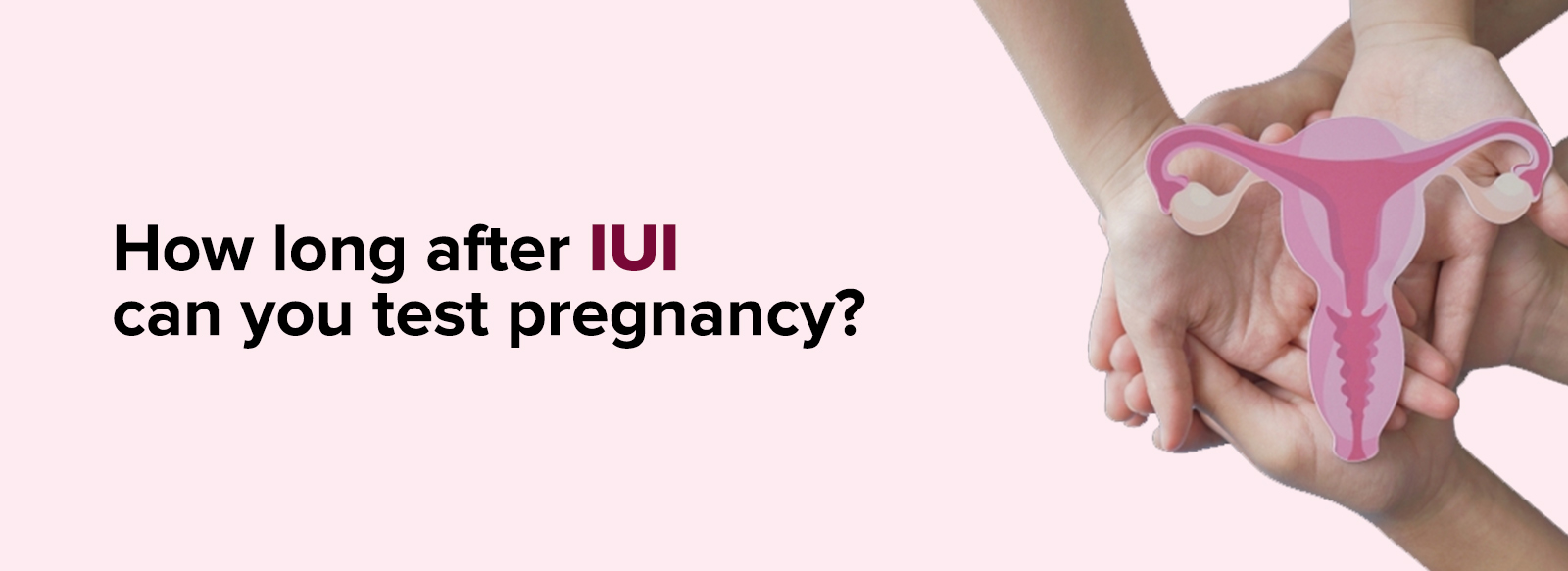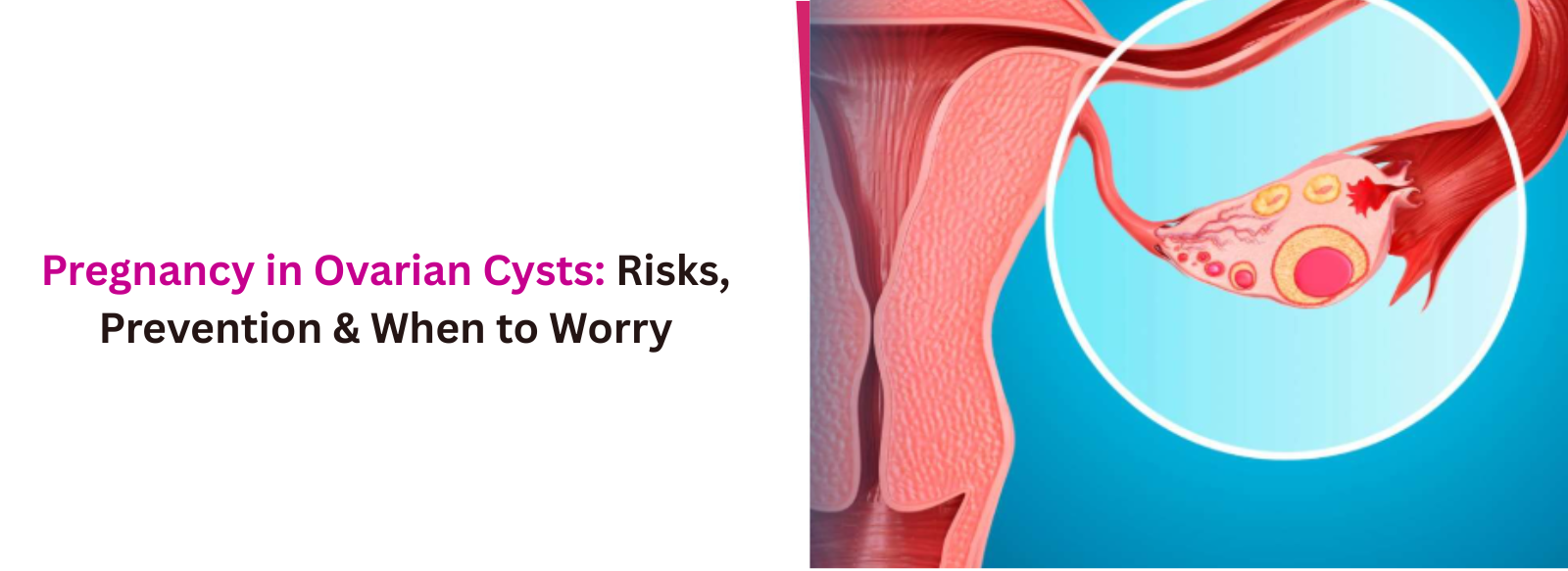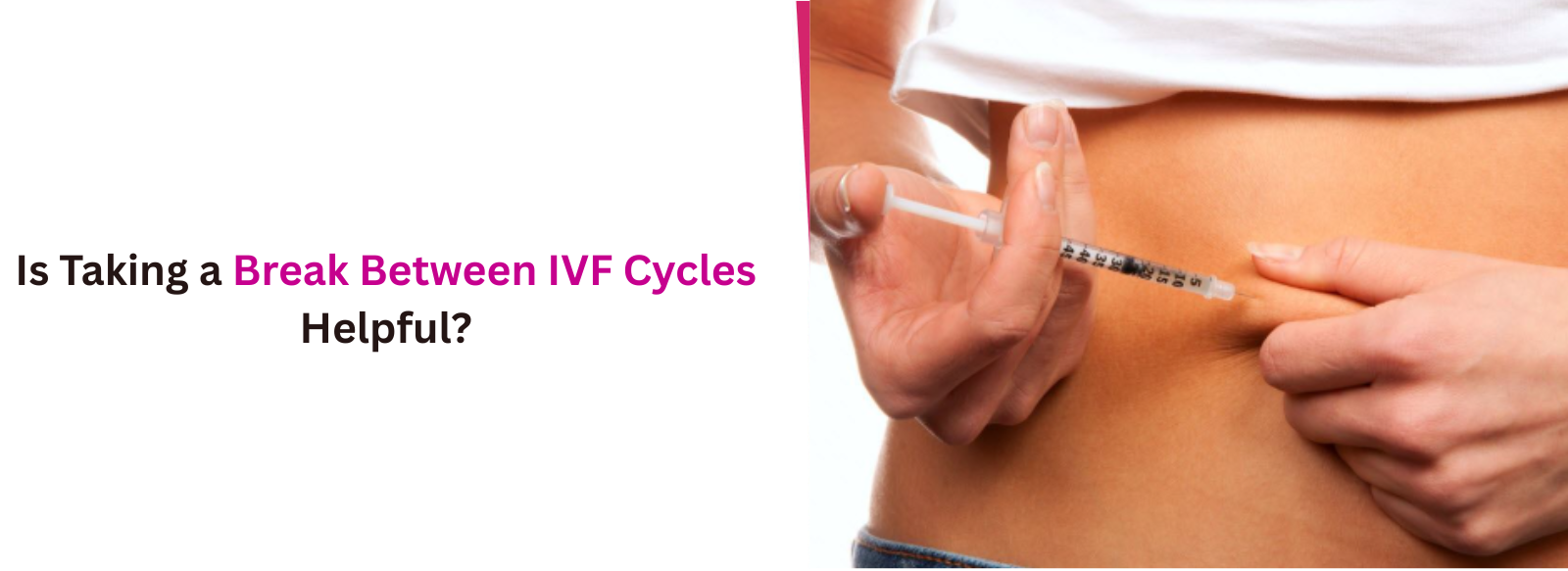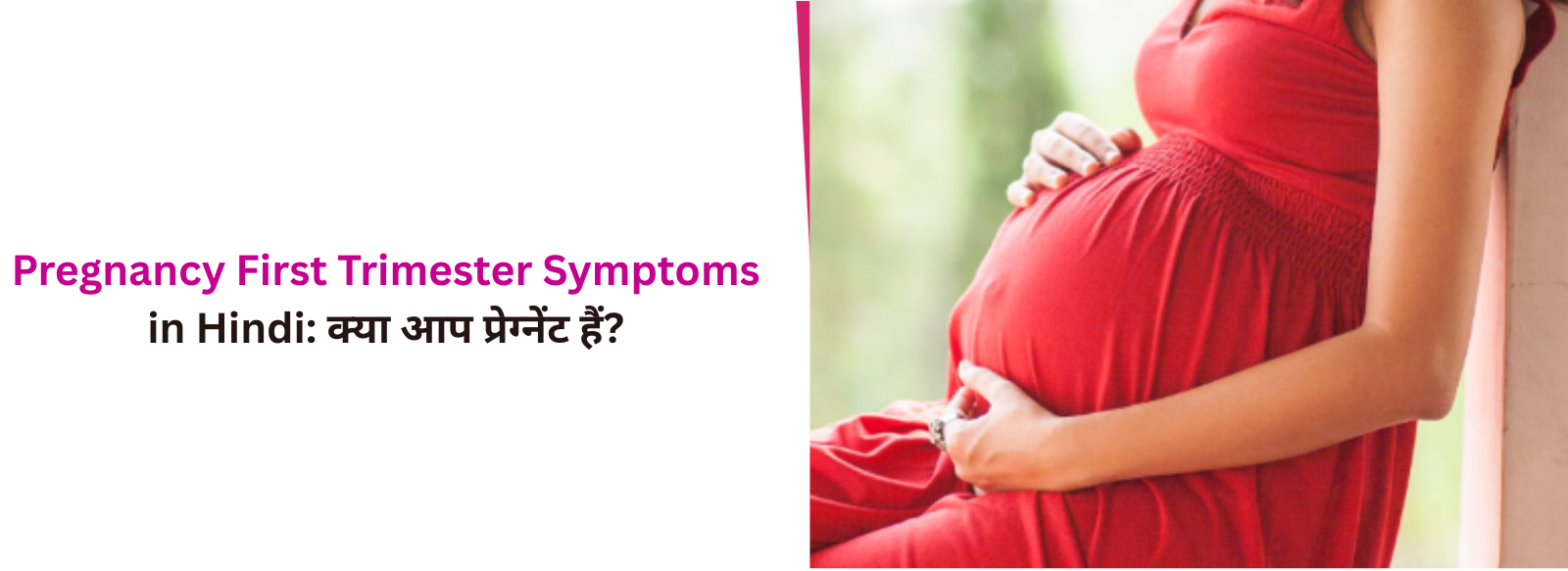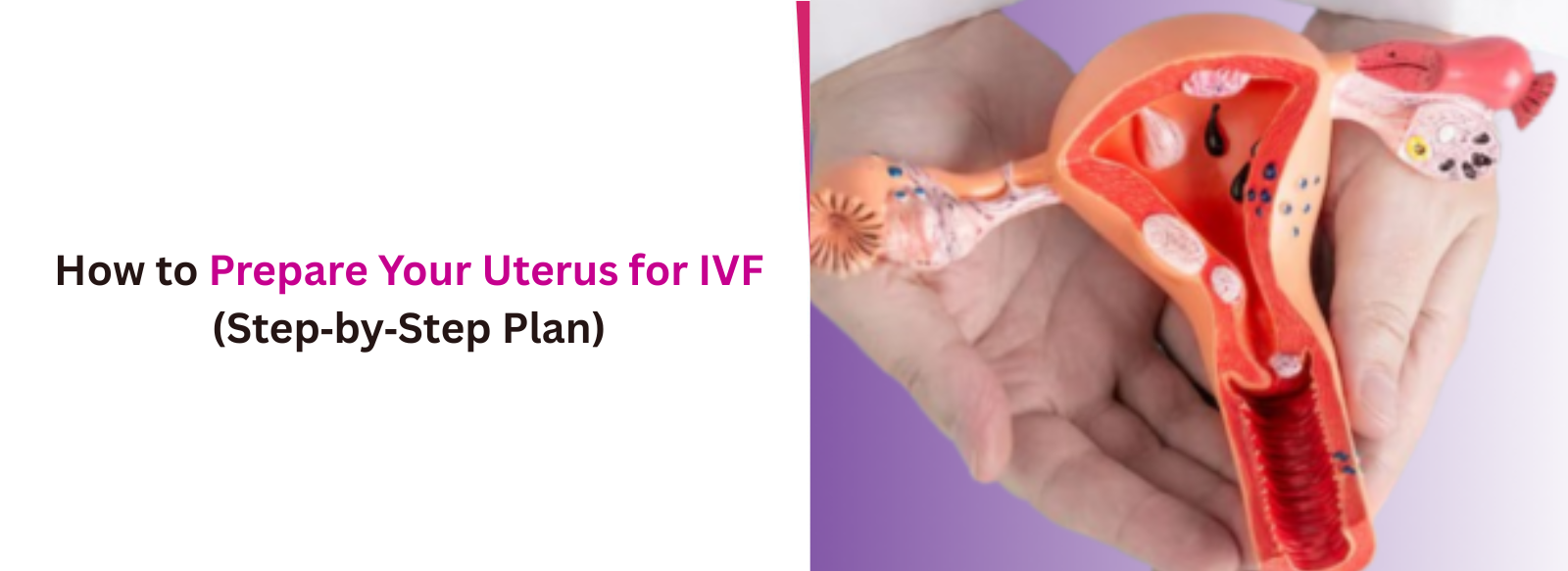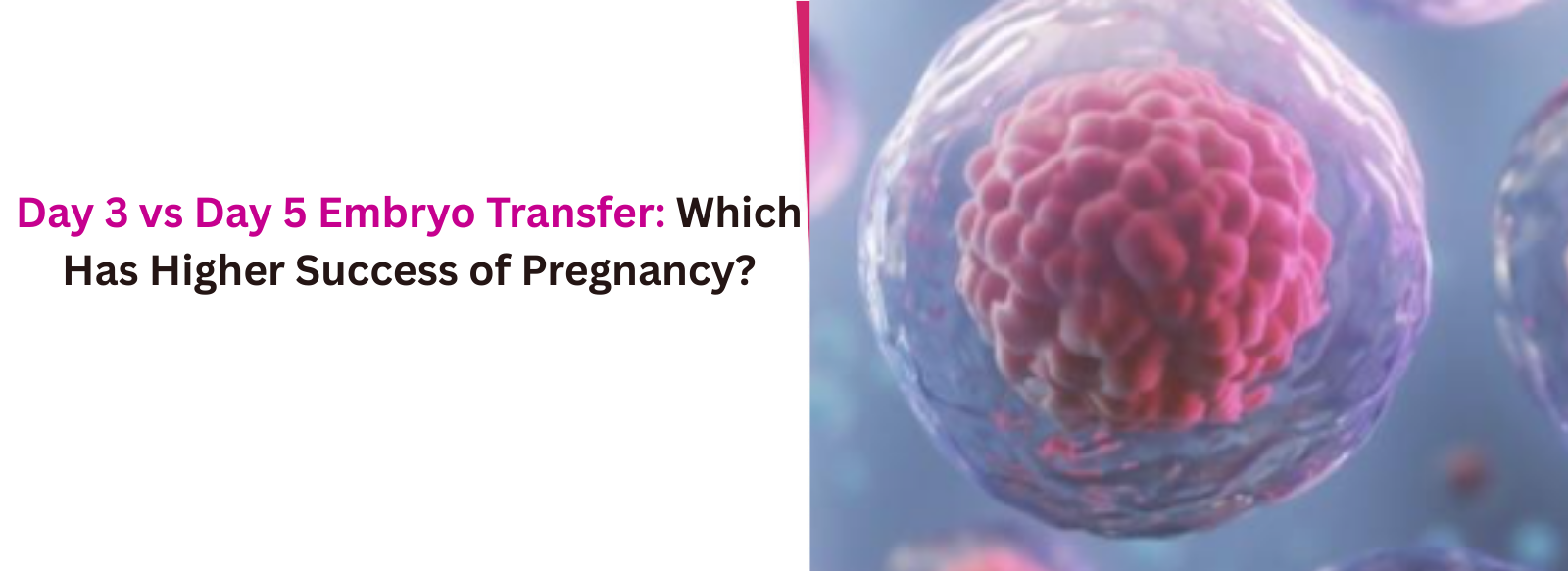IUI is a medical procedure performed in cases of male infertility in which donor sperm is used to conceive the female. The intrauterine insemination (IUI) procedure also helps single-women, and same-gender females who want to achieve pregnancy. “After IUI, it's recommended to wait at least two weeks (14 days) before testing for pregnancy to ensure the most accurate results.”However, it’s important to understand that the symptoms for pregnancy or IUI results may take some extra time, up to 28 days to show up, depending on the woman's health and her medical history.
Role of Blood Tests:
IUI results are considered via a blood test and measurement of hCG levels in most cases. Although you can test for pregnancy from home, blood tests are more than 99% accurate and capable of early detection of results. Pregnancy after IUI can be detected primarily with two methods – urine tests (home tests) and blood tests. The accuracy of urine tests is the same as that of blood tests if they are done after 2 weeks. However, before this waiting period, urine tests are not reliable enough to detect accurate outcomes. The hCG (human chorionic gonadotropin) hormone level is measured in milli-international units per liter (mIU/L). In terms of mIU/L unit, home tests are only effective at 100mIU/L or higher hCG levels and fail (false positive) at less than 75mIU/L hormonal levels. In the case of blood tests, these are more accurate and can give better and more accurate results at over 25mIU/L hCG levels. In pregnancy, hCG levels double every 3 days. So in the case of a urine test or home test, if you find negative results even after 2 weeks, it’s better to wait for one more week, and this will help you observe the significant change in results for better accuracy. However, to get better results and accuracy, follow your doctor rather than being impatient with pregnancy testing. Keep proper followup with your doctor on blood tests and other necessary medical checks or medication to ensure the best result from your IUI treatment.Time Waiting Period for IUI Breakdown:
Before the IUI treatment starts, a “trigger shot” is given to females that accelerates the production of mature eggs in women. After receiving trigger shots for 24 to 36 hours, which contain hCG hormone at 5000 to 10,000 IUs (hormonal measurement units), the IUI procedure begins. This triggers the womb to produce multiple mature eggs simultaneously for further processing of the treatment. Here is breakdown of two week of waiting period for the IUI procedure before blood test (pregnancy test) –Day 1–2: Ovulation and sperm injection are part of the IUI procedure during this initial stage. In the process, washed and healthy sperm are directly injected into the uterus during ovulation. To increase the success rate of IUI, sometimes egg-release accelerator medications, including trigger shots, are given to the candidate before sperm injection. Day 3–10: Within 24 hours of ovulation, the egg starts fertilisation with sperm. In the stage of fertilisation, it takes 6 to 12 days to fully pass the blastocyst stage for an egg. Then it travels to the uterus through one of the fallopian tubes. Day 11–14: In this time period, the body starts producing hCG levels in order to sustain the pregnancy. This is the stage in which the mother releases different pregnancy hormones and the eggs become impenetrable. Before 14 days, blood tests are a recommended method to ensure pregnancy, while after 14 days, both home tests (urine tests) and blood tests become equally accurate.Factors Influencing Pregnancy Test Timing:
While pregnancy tests are done after two weeks of IUI treatment, there are some factors that can affect the overall timing of pregnancy–Ovulation Time: Pregnancy may begin as early as 10 to 12 days if the IUI is performed during ovulation. The patient must wait a minimum of 14 days for the test to be more accurate if it is performed after ovulation or with the assistance of fertility treatment to induce ovulation and the production of eggs. Multiple Pregnancy: In cases of twin or triplet pregnancy, the hCG levels increase in multiples and help to detect pregnancy earlier than single pregnancy. Even though the likelihood of multiple births with IUI is 11.2%, it is still helpful to know when to schedule a pregnancy test in case there are multiple pregnancies.Symptoms of Pregnancy after IUI
While waiting for a blood test day after an IUI procedure, females might have some pregnancy symptoms. While it is also possible to not have early pregnancy symptoms, especially before 13th or 14th day of IUI, these are potential signs and symptoms that you can observe –- Sore breast,
- Light implantation bleeding,
- Vomiting or nausea,
- Cramping and fatigue,
- Frequent urination,
- Headaches and mood swings.

